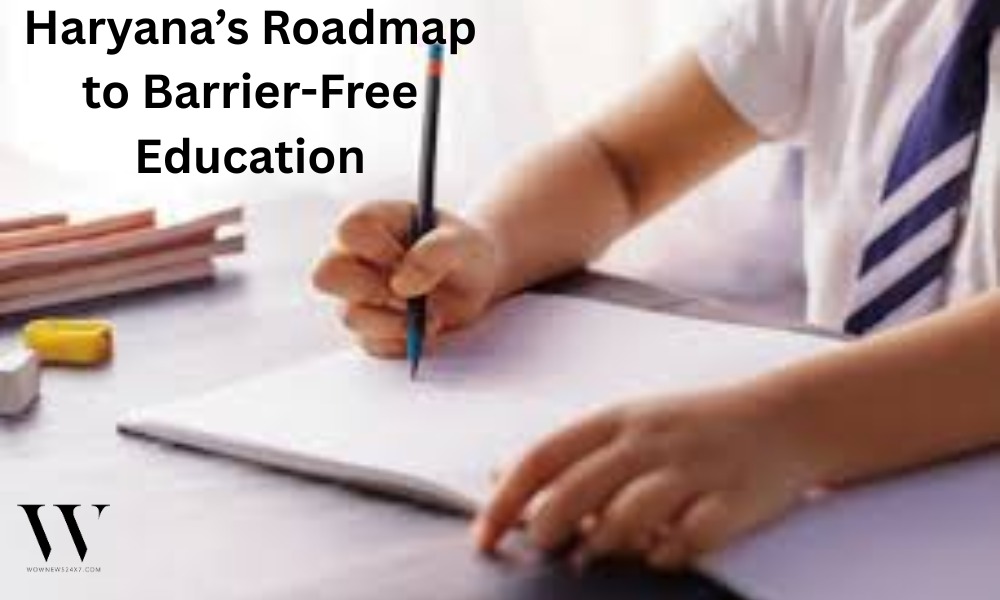Haryana government has launched comprehensive inclusive education guidelines aligned with national policies to integrate children with special needs (CWSN) into regular schools. The plan includes infrastructure upgrades, Individualized Education Plans, trained resource teachers, and cross-departmental collaboration to ensure equal learning opportunities and emotional safety for all students.
In a landmark move towards inclusive education, the Haryana government has announced the Haryana State Inclusive Education Guidelines 2025 aimed at providing meaningful and equitable learning opportunities to children with special needs (CWSN). This initiative follows directives from the National Education Policy 2020, Rights of Persons with Disabilities Act 2016, and the National Curriculum Framework 2023, reflecting Haryana’s commitment to creating barrier-free educational ecosystems.
Key Highlights
Holistic Inclusion: The guidelines mandate all government, private, and aided schools from pre-primary to senior secondary levels to become accessible and inclusive, transforming classrooms into environments fostering diversity, safety, and empowerment.
Infrastructure Overhaul: Schools will be equipped with disabled-friendly toilets, ramps, Braille signage, and visual aids, with emphasis on barrier-free access to ensure physical accessibility for all students.
Individualized Education Plans (IEPs): Tailored education plans will be developed for children with benchmark disabilities like locomotor, visual, hearing impairments, autism spectrum disorders, learning disabilities, chronic neurological conditions, and more, ensuring personalized learning support including home-based education when required.
Teacher Training & Resource Support: Resource teachers will be appointed following Rehabilitation Council of India norms. Training programs on inclusive pedagogy and disability awareness will be integrated into pre-service and in-service frameworks to better equip educators.
Inter-Departmental Coordination: The School Education Department will coordinate with health, social justice, and women and child development departments to implement proactive identification, timely assessment, and sustained support for CWSN.
Legal and Administrative Framework: Nodal officers will oversee the enrollment and retention of CWSN in schools, with clear timelines and procedures to prevent arbitrary exclusion. Every school cluster will have resource rooms dedicated to special education services.
Empowering Equity: The guidelines seek to remove social and educational barriers for special students, affirming their right to quality, balanced education while nurturing their potential in inclusive classrooms.
This initiative is poised to revolutionize Haryana’s educational landscape by modeling inclusive learning, providing equitable resources, and promoting a culture of acceptance and diversity for all children.
Sources: The Tribune India, Times of India, Haryana State Education Department

